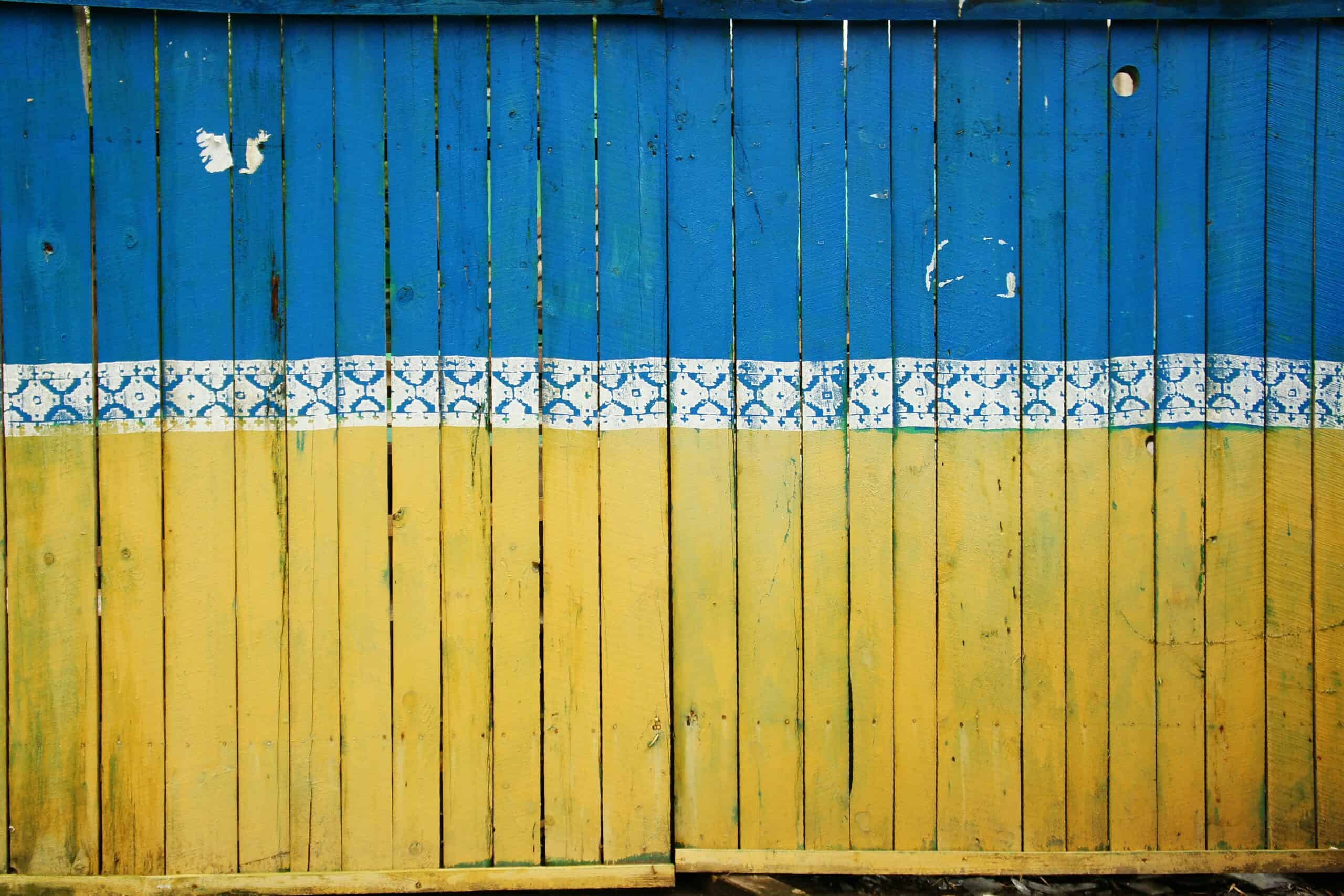
24 January 2024
Building connections to Ukrainian organisations
Written by Elena Kolosova
Our projects have addressed the repercussions of the ongoing war in Ukraine, helping to manage the refugee crisis and fortifying societal resilience in the Baltic Sea region. Now the Programme explores how to engage Ukrainian organisations in project activities. Aligned with the core values of our Programme, we embrace the power of partnership, recognising that we are greater together.
Enhancing collaboration with Ukraine
The support of the European Union and its Member States in the Baltic Sea region towards Ukraine opens up possibilities for increased cooperation between Ukrainian organisations and organisations in the Baltic Sea region countries. The coordinators of the EU Strategy for the Baltic Sea Region have considerably broadened their engagement with Ukrainian stakeholders, particularly in the context of Ukraine’s reconstruction efforts and the EU accession negotiations.
Although Interreg Baltic Sea Region does not provide dedicated funding for Ukrainian organisations, our Programme explores opportunities to involve them, recognising the promising potential for collaboration. Interreg Baltic Sea Region invites Ukrainian organisations to participate as associated organisations in projects. Both ongoing projects and new project applications may consider this opportunity.
Ongoing projects
Ukrainian organisations can join ongoing projects as associated organisations and get engaged in various project activities. Project partners may cover some costs for Ukrainian organisations when they join project activities. Projects may also organise some project activities in Ukraine (for example, seminars or workshops), after the consultation with the Managing Authority/Joint Secretariat of the Programme. Projects can find further guidance in the project toolkit.
Project applicants
Ukrainian organisations can also join the third call for core project applications, and participate in the development of new projects as associated organisations. Together, project partners and associated organisations from Ukraine can plan project activities that bring mutual benefits. Though there is no dedicated funding for Ukrainian organisations from the Programme budget, project partners may plan to cover some costs for Ukrainian organisations. Projects may plan travels to Ukraine or organisation of events. Applicants can find further details in the gateway for applicants.
Leveraging regional funding that supports Ukraine
At the same time, the Programme actively seeks opportunities to leverage regional funding instruments that support Ukraine. For example, the Swedish Institute offers funding aimed at fostering connections between ongoing projects and Ukrainian organisations. The current call for applications at the Swedish Institute remains open until 15 February 2024, providing some time for interested parties to explore and seize these new collaboration opportunities.
Together, we can pave the way for a stronger and more interconnected future.
Addressing the war repercussions
While the Programme is exploring the possibilities for engaging Ukrainian organisations, our projects are taking steps to address the repercussions of the ongoing war in Ukraine. The aftermath of this war has spurred the emergence of projects addressing the refugee crisis and societal resilience in the Baltic Sea region.
In the project BSI_4Women, public authorities and business support organisations help women refugees from Ukraine and beyond start their businesses and become active community members. Starting in January 2023, the project has established regional stakeholder networks in Poland, Norway, Denmark, Estonia, Lithuania, Latvia, and Sweden. These networks, drawing upon local and regional expertise, are integral to supporting the endeavours of dynamic female entrepreneurs and formulating targeted programmes for migrant women. Inspired by the proven success of the regional innovation system from the Polish Podkarpackie Province, the project partners are currently crafting an incubation programme. This programme aims to provide robust support for the entrepreneurial aspirations of refugee women hailing from Ukraine and other countries.
In the project KidsLikeUs, educators, public authorities and NGOs explore how contact with nature and appeal to all senses can improve mental well-being of children with traumatic experiences. The project partners, along with dedicated educators and volunteers, are developing tools and methods tailored to assist children from Ukraine and their caregivers. Taking practical steps to implement this vision, in Sweden, for example, the partners organised a series of yoga activities rooted in neuroscience. This unique approach targets the nervous system through movement, breathing, and mindfulness, offering a holistic strategy to enhance well-being. Meanwhile, in Finland, cutting-edge prototypes utilising RFID (Radio Frequency Identification) technology and motion detection are being developed. These innovations aim to provide a calming effect, boost physical activity, foster creativity, strengthen the bond between children and parents to prevent mental health issues and facilitate the recognition and expression of emotions. In Estonia, the project has embarked on the creation of a ground-breaking Sensory Superhero Garden. Envision a haven for plant growth with sensory features curated by a skilled greenery architect, designed to be accessible to all. This innovative space is poised to host art and yoga workshops, providing a multi-faceted environment to nurture the well-being and creativity of children facing unique challenges.
Both projects help in achieving the goals of the EU Strategy for the Baltic Sea Region, in its policy areas Innovation and Health. Only through genuine collaboration and partnership, we can make meaningful changes happen!
More news
Grand results of the first round of small projects!
Despite the winter scenery, the results of 17 finalised Interreg Baltic Sea Region projects are in full bloom! And behind them lie two years of intensive work across borders, mutual learning and inspiration, and connections that last.
Climate-neutral future at hand for Baltic Sea region cities
Turning a city into a climate-neutral one requires knowledgeable people, thorough planning and solid financial resources. But how can cities manage this transition smoothly? The Interreg project Climate-4-Case guides cities around the Baltic Sea on how to do that right.
Designing Interreg Baltic Sea Region that belongs to everyone
10 December 2025 Designing Interreg Baltic Sea Region that belongs to everyone Written by Eeva Rantama What if the next Interreg Baltic Sea Region...
Monitoring the Programme’s progress: transnational cooperation in the making
Representatives from nine Programme area countries gathered in Berlin on 19-20 November 2025 to review the progress of the Programme’s implementation and start preparing for the post-2027 period.






